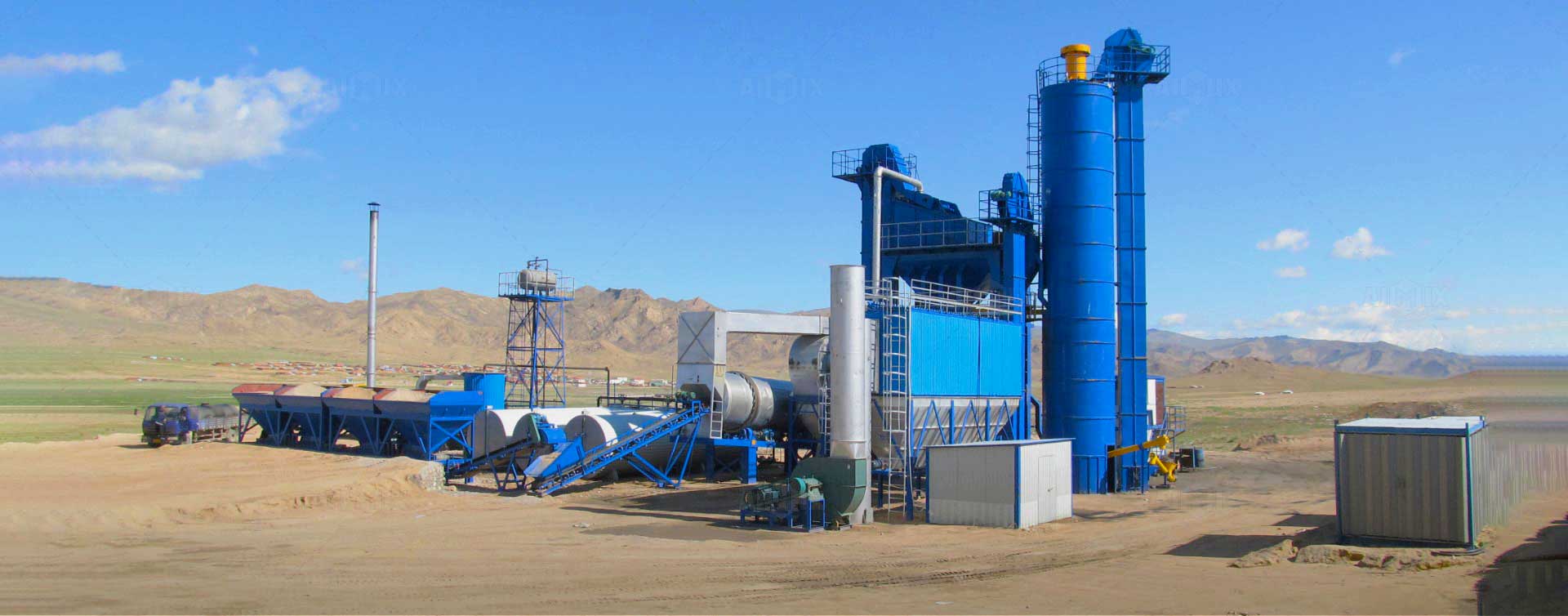Hot mix asphalt production for both concrete and asphalt is done using a batch mixer. There are two types of hot-mix asphalt production methods – direct and indirect. The direct method of producing aggregate involves pumping aggregates into a vat with a closed-end. This process heats the aggregate, which then hardens into a solid and consistent mixture. The batch method on the other hand involves spreading the aggregates to a larger extent than in the original batch. Once these are fully hardened, they are broken down further by manual driving.
Hot mix asphalt plants for sale are utilized to produce concrete and asphalt in multiple batches. The main difference between a cold aggregate supply system and a hot mix asphalt plant is that the latter requires a heating system, which in turn requires a large amount of heat coming from an on-site furnace or boiler. A cold batch system on the other hand uses heating systems, which are operated through a water-based circulation pump. For this reason, cold batch production produces low quantities of concrete and asphalt at a time.

A hot-mix asphalt plant is generally used for the high-volume production of asphalt. This may include construction purposes, roadbed maintenance, strip malls, and airport expansion projects, and other commercial and residential applications. In such cases, a hot-mix plant not only produces consistent and quality aggregate but also reduces the manufacturing cost of each batch of aggregate, thereby enabling the company to pass on higher pricing to the customer. Learn more about pabrik aspal hotmix here.
The most common hot-mix asphalt production method is the roller mill method which involves pumping the aggregates in a roller mill that forms a solid, soft, and consistent mixture. This type of system is commonly used in small to medium-scale productions of asphalt.
The cold batch production process uses a batch mixer that has a hot plate attached to it. This allows the mixing of more than one batch of aggregates during transportation, thus allowing more consistent and quality products. This is not possible with the hot mix asphalt plant system. Learn furtehr from AIMIX Group.
During transportation, solid particles of dust remain attached to the rolled aggregates, hence results in poor quality, if not failed product. Another difference is that hot mix asphalt requires a constant turnover of materials, whereas the hot mix asphalt plant system allows for small adjustments during transportation. If the temperature of a hot mix asphalt plant system drops below 60 degrees Fahrenheit, then the materials inside the drum would become stiff and hard.
There are several advantages to using a mobile asphalt mix plant over the more traditional stationary options. First of all, you can move it around any given area as needed. Since it is not permanent, there is no cost to maintain, and you do not have to worry about re-running the mix through a series of drums. In addition, the mobility of the mix allows you to easily make adjustments to the pattern at any given time, allowing the contractor to continue working even when the entire drum is full, without affecting the finished project.
